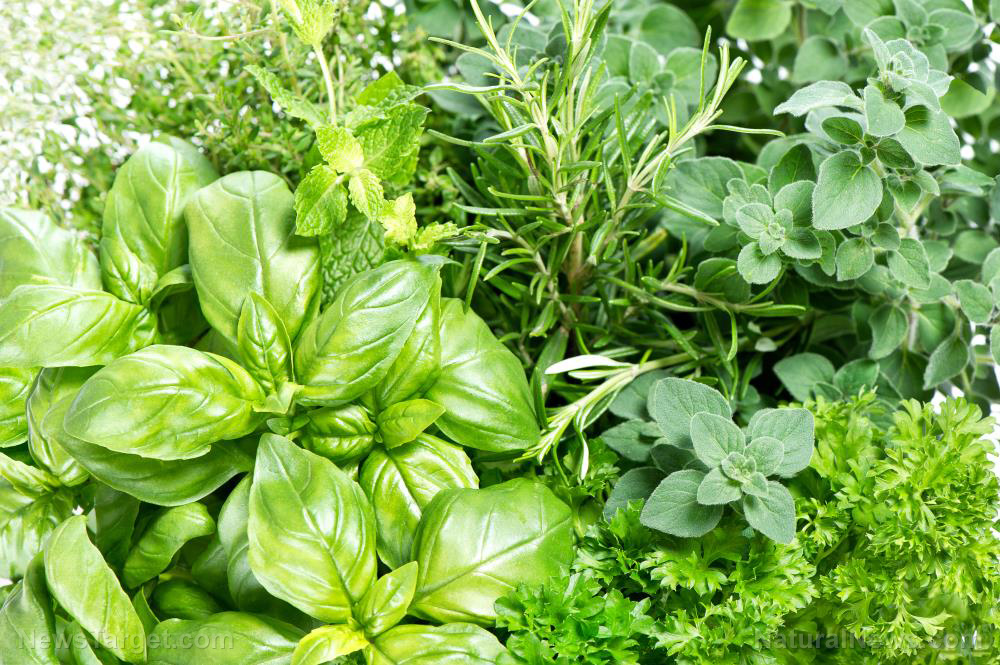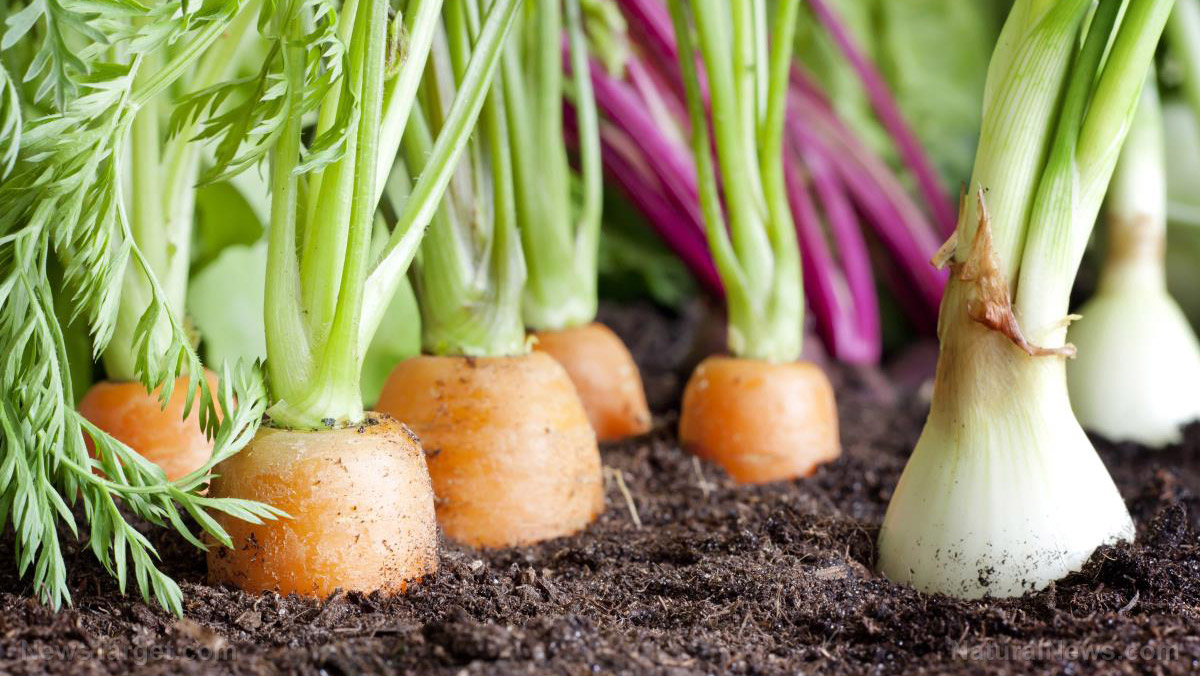
Advertisement
Aside from being tasty herbs and vegetables, it turns out that parsley, anise and rocket can actually function as effective and environmentally-friendly alternatives to synthetic pesticides.
Published in the journal Applied Soil Ecology, a group of Greek researchers studied the possibility of using organic material from anise (Pimpinella anisum), parsley (Petroselinum crispum) and rocket (Eruca sativa) as a way to control parasitic organisms.
According to the researchers, led by Nikoletta Ntalli of the Benaki Phytopathological Institute, what they found was that the three botanicals were as effective as commercially-available pesticides when tested against the southern root-nematode (Meloidogyne incognita), with the three seen to significantly decrease the number of M. incognita in the soil and host roots.
Also, the botanicals had one distinct edge over the synthetic pesticides – they did not harm non-target nematodes and organisms that help maintain soil fertility.
Beyond that, the botanicals also registered positive effects on the tomato crops – an effect likely caused by the botanicals’ ability to reduce water runoff and soil erosion, preserve soil moisture, regulate temperature, improve soil organic matter and increase soil microbial activity.
The researchers said that this proves that organic soil amendments can not only help control and reduce the population of harmful organisms such as parasites, but it can also actually do the opposite for beneficial ones. They also added that because plants such as anise, parsley and rocket are relatively cheap and readily available, they can easily be acquired by budget-conscious farmers and homesteaders.
How can I use botanicals in soil maintenance?
Botanicals such as the ones derived from anise, parsley and rocket, can be used to improve and maintain soil health in many different ways.
As noted in the study, this can be done by using them as either green manure or by planting them as cover crops. These practices have different sets of benefits.
- Green manure – Green manure is an umbrella term used to describe fresh plant matter that is integrated and tilled into the soil as a means to provide additional nutrients and organic matter. Aside from helping to enrich the soil, green manure also increases soil drainage and water retention capabilities. Green manure can help prevent leaching, soil erosion, and weed growth.
- Cover crops – Cover crops, meanwhile, are specific plants that are grown for the benefit of the soil. These are commonly used to suppress weed and pest growth, manage soil erosion, build and improve soil fertility and quality, and promote biodiversity.
Other methods that one can try include:
- Creating an herb compost tea by steeping parsley, anise and rocket together in a container of water and using it to water plants.
- Growing a “natural pesticide wall” by sowing anise seeds near your garden beds. Once full-grown, anise plants give off a fragrant, licorice-like scent that deters pests such as aphids from invading garden beds.
- If you want natural predators to take care of pest infestations, you can try planting some parsley in your garden. Parsley is known to attract insects such as ichneumon wasps. These wasps, while harmless to humans, are relentless when it comes to pesky caterpillars.
As noted by Ntalli and her research team, aside from simply being delicious and nutritious kitchen mainstays, anise, parsley and rocket can be used as soil amendments to fight against plant parasites, and at the same time, act as biostimulants that can even help improve soil health.
Aside from highlighting the versatility of certain herbs and vegetables, the Greek study also highlights one other important fact that many farmers and homesteaders often forget: the best way to improve the soil is to use all-natural and all-organic methods.
Learn more about the benefits of organic soil amendment methods by heading over to Harvest.news today.
Sources include:
Advertisements







